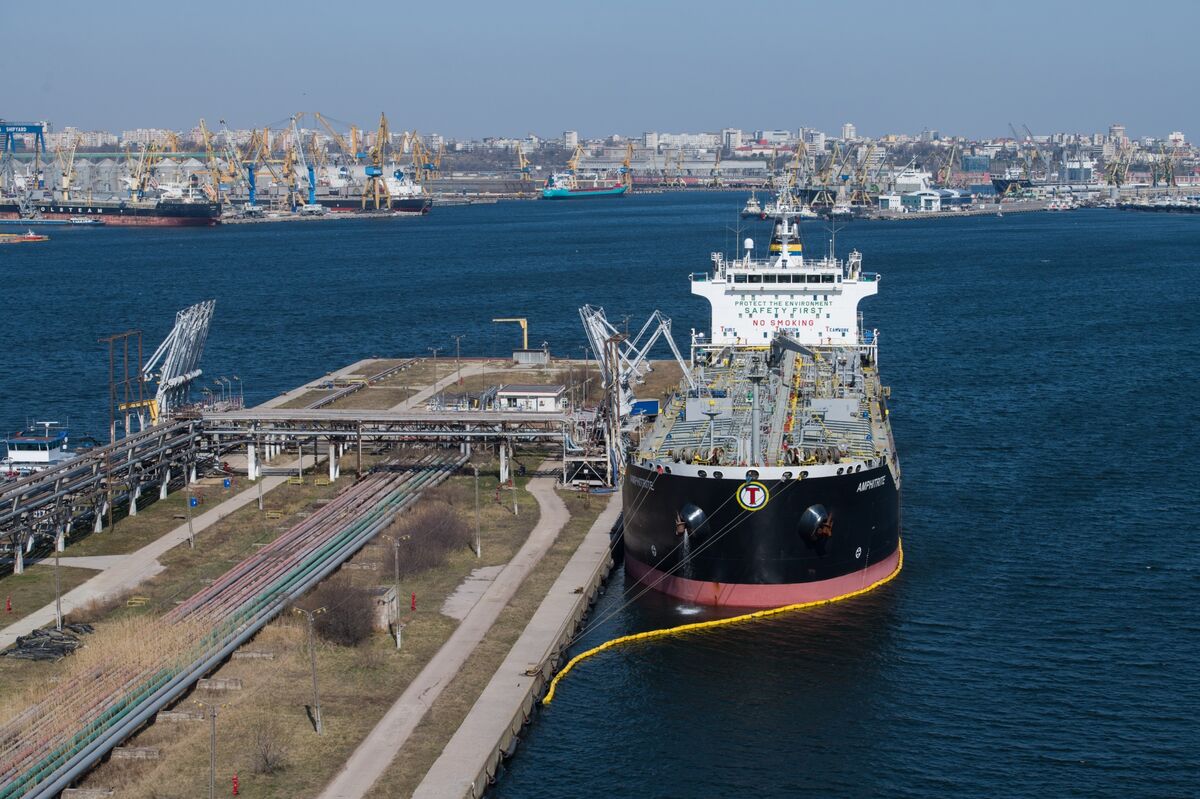Prices of Russian oil shipped to China rose to a seven-month high, amid expectations that Iranian oil will replace imports from Moscow.
Russia’s light, sweet Espoo crude, which was loaded at the Pacific port of Kozmino for delivery in August to China, traded at a discount of $4 per barrel to Brent futures on an on-board basis at the port of discharge.
This is a significant jump from the $6 discount for the month of July, according to a report seen by the specialized energy platform, quoting Reuters.
This is the lowest discount since early December 2022, when the Group of Seven imposed a cap on the price of Russian oil; This led to lower prices as refiners and traders avoided the trade for fear of violating the sanctions.
Russian oil prices to China
Major private Chinese refiners have been active buyers; Because of the relatively cheap price of Russian oil compared to non-sanctioned oil, and is expected to remain so after Beijing’s recent issuance of new import quotas.
“The increase in Russian oil prices comes at a time when private refineries have received new quotas of crude and are now out shopping, and Moscow’s oil is still relatively cheap,” said one trader, according to Reuters.
“Russian production is already declining, and there are more Chinese buyers,” the report said, but strong bids from Indian refiners are helping to push up prices for China.
Despite this, China was not very interested in the Urals crude coming from the European ports of Russia. Due to reduced supplies and strong demand from India.
Espoo crude price gains are expected to slow soon, as it is likely to become less affordable than other sanctioned crude, such as Iranian oil.
Iran’s light crude, a medium-sulfur crude, has traded at a discount of about $12 a barrel to China’s Brent crude futures on an on-board basis at the port of discharge in recent months.
Seaborne Russian oil exports
In a related context, Russian seaborne oil exports fell by 10% on a monthly basis in June to their lowest level in 4 months, according to tanker tracking data. Sales to refiners in India and China have fallen from post-war highs.
Shipments of Russian oil transported by sea averaged 3.46 million barrels per day in June, the lowest level since February, but still 12% above average pre-war levels of 3.1 million barrels per day, according to the data seen by the specialist energy platform. Quoted from S&P Global.
The data showed that flows to India fell further by 300 thousand barrels per day on a monthly basis, while crude exports to China fell by 150 thousand barrels per day.
However, shipments rose to some other destinations; Flows into Egypt reached 175,000 bpd in June, and ship-to-ship transfers off Greece increased to 150,000 bpd, the highest level since February.
The drop in crude exports follows a 12-month high in May, when Indian refiners got record amounts of discounted Russian oil.
The following chart – prepared by the specialized energy platform – shows the destinations of seaborne Russian oil exports:
Russian oil and gas revenues
The data comes as Russia pledged a surprise cut in exports in August to help prop up global oil prices.
On Monday (July 3, 2023), Moscow announced a reduction in oil production and exports by 500,000 barrels per day next month.
Even before this pledge, Russian oil exports were expected to fall in July, as domestic refineries ramped up post-maintenance operations.
The following chart – prepared by the specialized energy platform – shows Russia’s exports of crude oil and oil derivatives until April 2023:

Oil and gas revenues in the Russian budget also fell by 26.4% in June, on an annual basis, to 528.6 billion rubles ($5.88 billion), according to data from the Ministry of Finance published today, Wednesday (July 5, 2023).
Revenue decreased by 7.4% compared to May, according to Reuters.

Leave a Reply